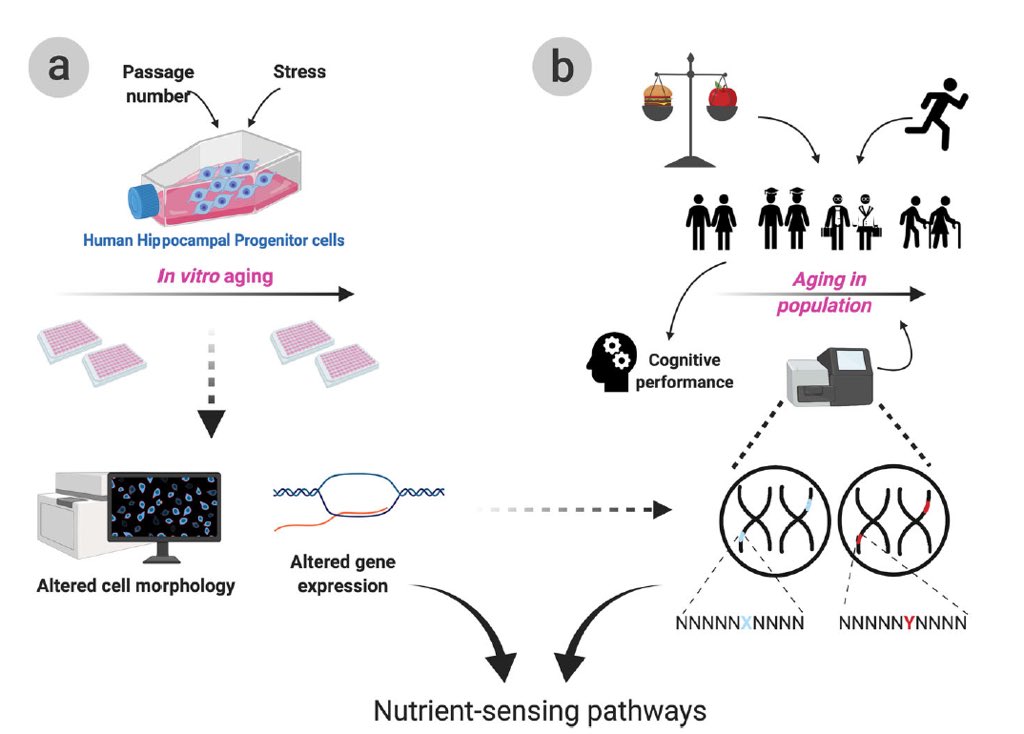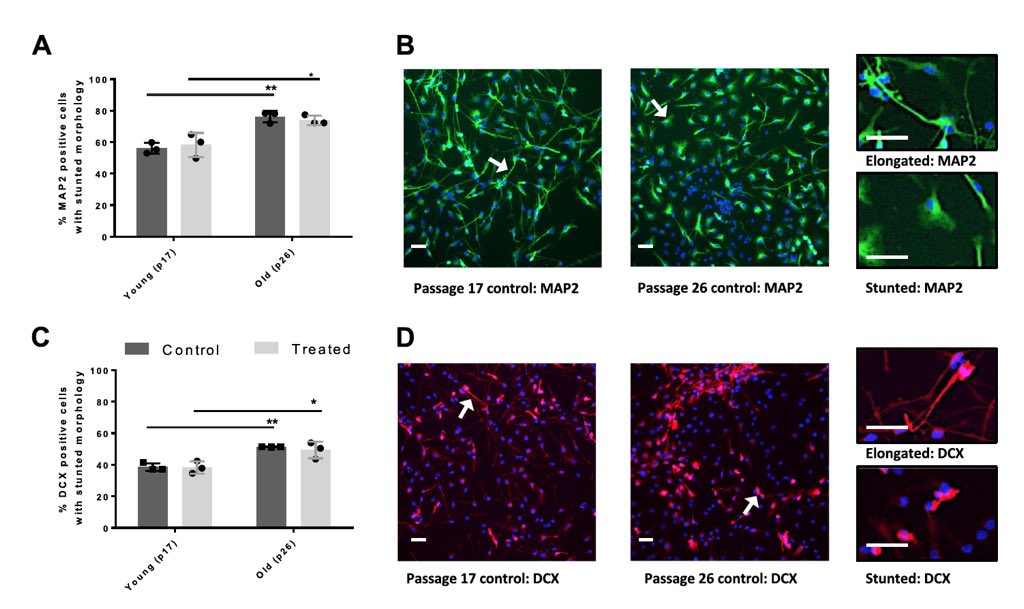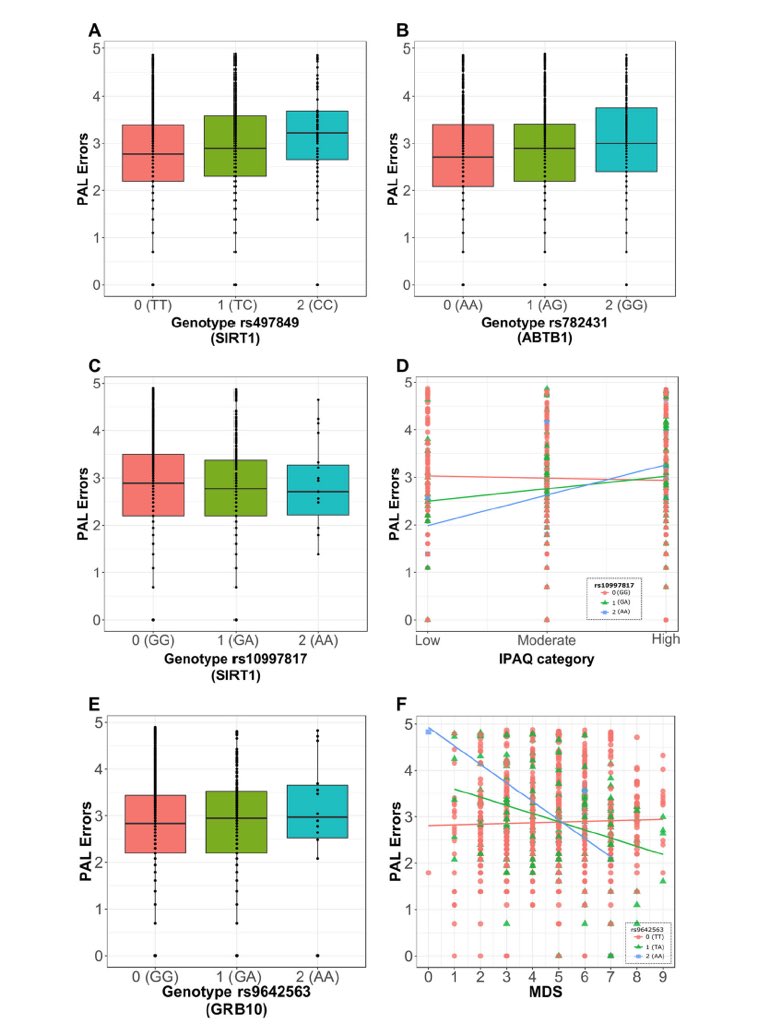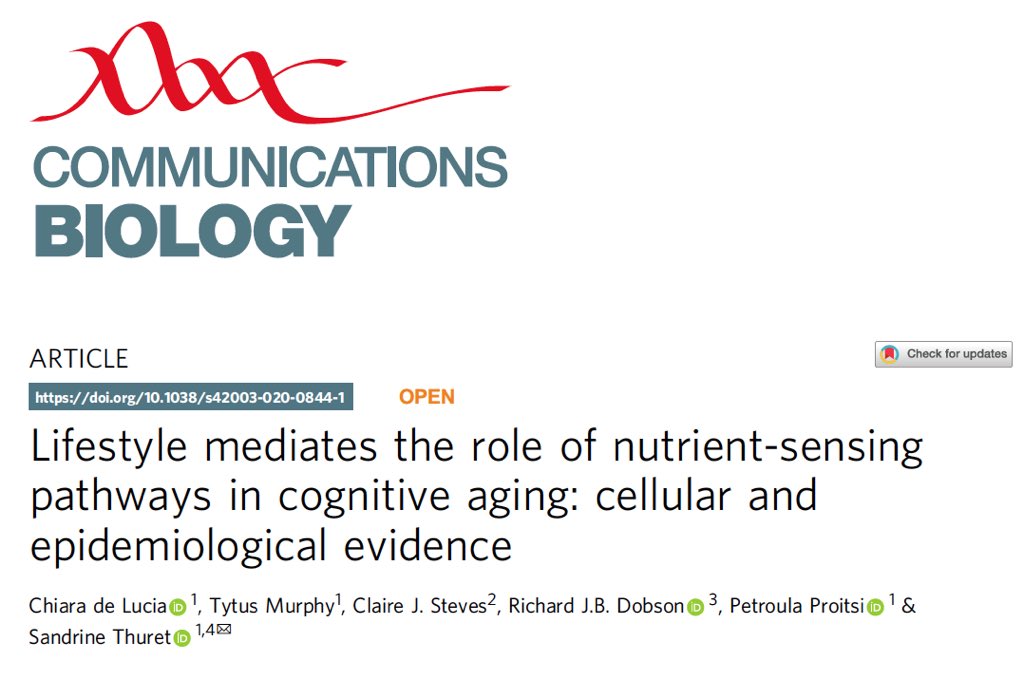The lab latest paper by @ChideLucia on hippocampal progenitors aging and how this relates to human #cognitive #aging via nutrient-sensing pathways. In collaboration with @petrouliet @richdobson @DrClaireSteves @KingsIoPPN @KingsCollegeLon @The_MRC 1/6  https://abs.twimg.com/emoji/v2/... draggable="false" alt="👇🏼" title="Down pointing backhand index (medium light skin tone)" aria-label="Emoji: Down pointing backhand index (medium light skin tone)"> https://www.nature.com/articles/s42003-020-0844-1">https://www.nature.com/articles/...
https://abs.twimg.com/emoji/v2/... draggable="false" alt="👇🏼" title="Down pointing backhand index (medium light skin tone)" aria-label="Emoji: Down pointing backhand index (medium light skin tone)"> https://www.nature.com/articles/s42003-020-0844-1">https://www.nature.com/articles/...
2/6 We adopted a back-translation strategy and first used neural stem cell biology (NSC) to then inform epidemiological analyses.
3/6 First, we showed associations between cellular readouts of NSC maintenance and expression levels of nutrient-sensing genes following NSC exposure to aging human serum as well as morphological and gene expression alterations following repeated passaging.
4/6 Next, epidemiological analyses on the identified genes showed associations between polymorphisms in SIRT1 and ABTB1 and cognitive performance as well as interactions between SIRT1 genotype and physical activity and between GRB10 genotype and adherence to a Mediterranean diet.
5/6 Our findings suggest that changes in lifestyle may be able to delay a decline in memory but that the effectiveness of these approaches will depend on the genetic makeup of each person.

 Read on Twitter
Read on Twitter





